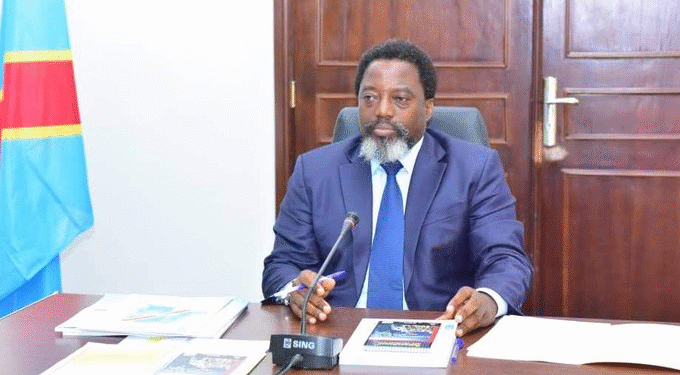The Democratic Republic of Congo has begun the high-profile treason trial of its former president, Joseph Kabila, in a military court in Kinshasa. The 53-year-old, who led the country for 18 years, faces a slew of charges including treason, murder, and supporting an insurrectionist movement tied to the M23 rebels currently controlling parts of eastern DRC.
Kabila, who did not appear at the court session, denies all allegations. His legal team has dismissed the charges as politically motivated, calling the trial an “instrument of oppression.” He has previously criticized the judicial process as arbitrary and accused the government of targeting him to sideline him from national politics.
The trial comes amid ongoing violence in the east of the country, where a ceasefire between M23 rebels and the Congolese government was announced last week. However, fighting has persisted, raising doubts over the truce’s durability.

President Félix Tshisekedi, Kabila’s successor, has publicly accused the former leader of orchestrating rebel activities behind the scenes. These accusations intensified after Kabila emerged from a two-year self-imposed exile in South Africa and returned in May to the rebel-occupied city of Goma, the epicenter of the conflict in North Kivu province.
In a dramatic development earlier this year, the upper house of the Congolese legislature stripped Kabila of his immunity as senator for life, opening the door for his prosecution. The charges against him also include aiding the forcible occupation of Goma, a strategic eastern city that remains in rebel hands.
Internationally, several Western countries and the United Nations have pointed fingers at neighboring Rwanda, accusing it of supporting M23 and deploying troops into Congolese territory — claims that Kigali denies. Rwanda insists its military actions are aimed at preventing the conflict from spilling across its border.

Back in May, Kabila lashed out at the Tshisekedi administration in a now-deleted YouTube video, calling it a “dictatorship” and warning of a “decline in democracy.” The Congolese government swiftly rejected the claims. Government spokesperson Patrick Muyaya said at the time that Kabila “has nothing to offer the country.”
Friday’s court proceedings have further deepened political divisions. Ferdinand Kambere, a close Kabila ally and former senior figure in the banned PPRD party, accused the Tshisekedi administration of “double standards,” saying it was too lenient in peace negotiations with rebels but overly harsh on Kabila.
Observers say the trial could have far-reaching implications for Congolese politics, potentially signaling a new chapter in the long-running rivalry between the country’s past and present leaders.









